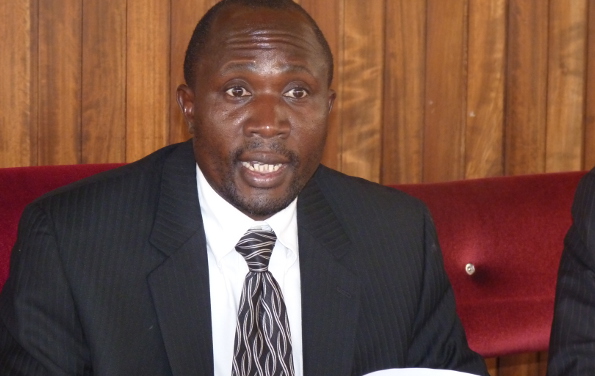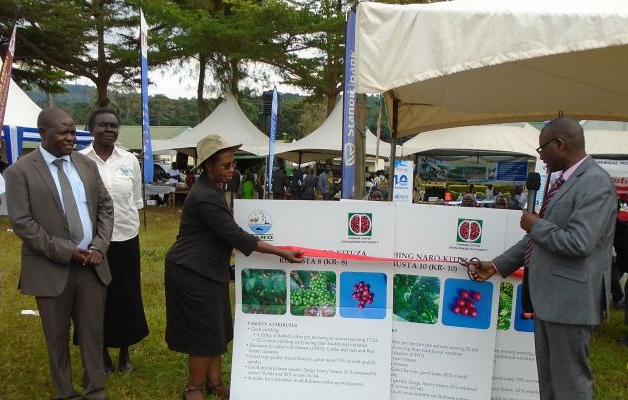An antibody that attacks 99 per cent of HIV strains has been developed by scientists for the first time.
The “exciting breakthrough” could eventually lead to treatment or even prevent transmission of the virus, with trials on humans due to get underway in 2018.
Experiments on 24 monkeys injected with HIV showed none developed the virus after first being given the new type of antibody, which attacks three critical parts of the disease.
The human immune system struggles to deal with HIV due to its ability to mutate and change appearance. Our bodies eventually become overwhelmed by the number of different strains of the virus.
But around one per cent of patients have the ability to develop “broadly neutralising antibodies”. These bind to structures on the surface of the pathogens known as “spikes”.
Spikes barely change and are identical among different strains, making it possible for these special antibodies to attack different mutations of the virus.
Now scientists have managed to combine three of these flexible antibodies into a powerful “tri-specific antibody”.
Dr Gary Nabel, chief scientific officer at pharmaceutical company Sanofi and one of the report authors, told the BBC the results were “impressive”.
“They are more potent and have greater breadth than any single naturally occurring antibody that’s been discovered,” he said.
“We’re getting 99 per cent coverage, and getting coverage at very low concentrations of the antibody.”
An estimated 36.7 million people worldwide were living with HIV or AIDS at the end of 2015, with the majority in sub-Saharan Africa. Of these, only 60 per cent of people are aware they have it.
In 2015 alone 1.1 million people died from the disease.
The study was published in the journal Science, and is a collaboration between the US National Institutes of Health and Sanofi.
The research included contributions from scientists at Harvard Medical School, The Scripps Research Institute and the Massachusetts Institute of Technology.
INDEPENDENT UK





